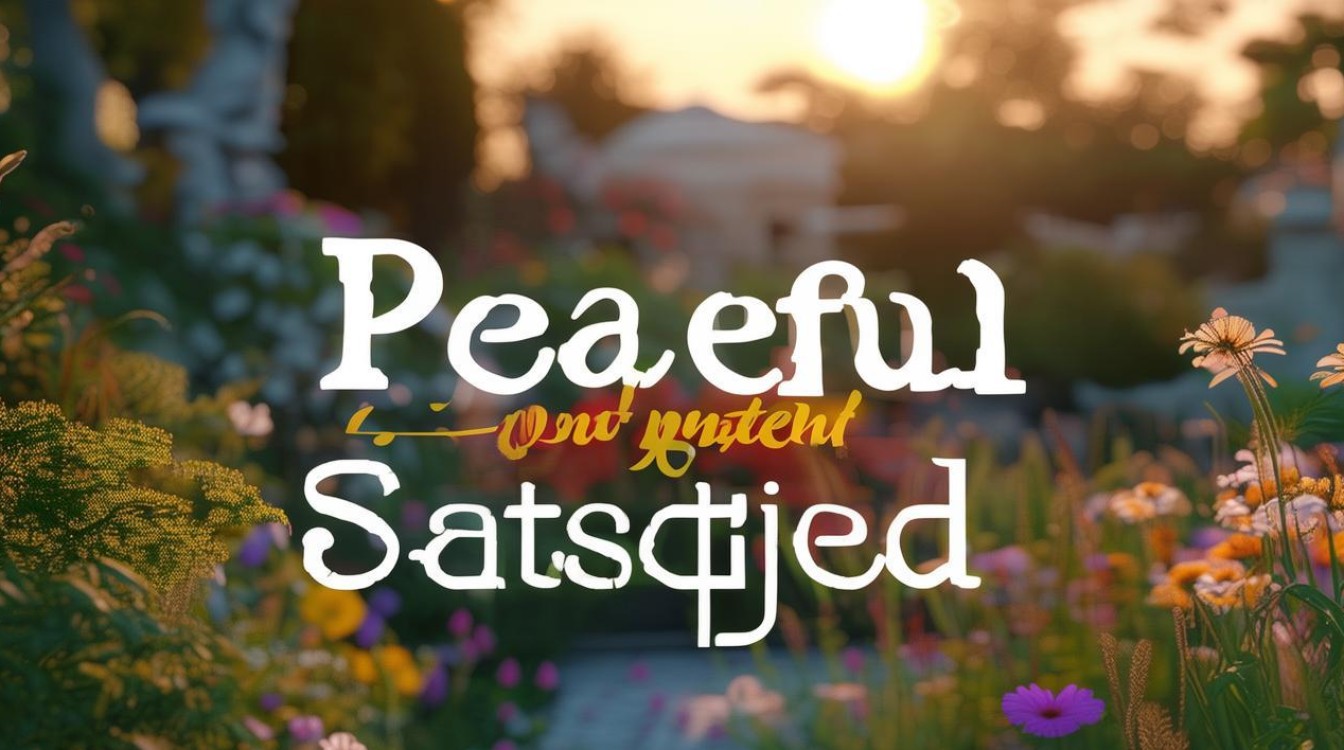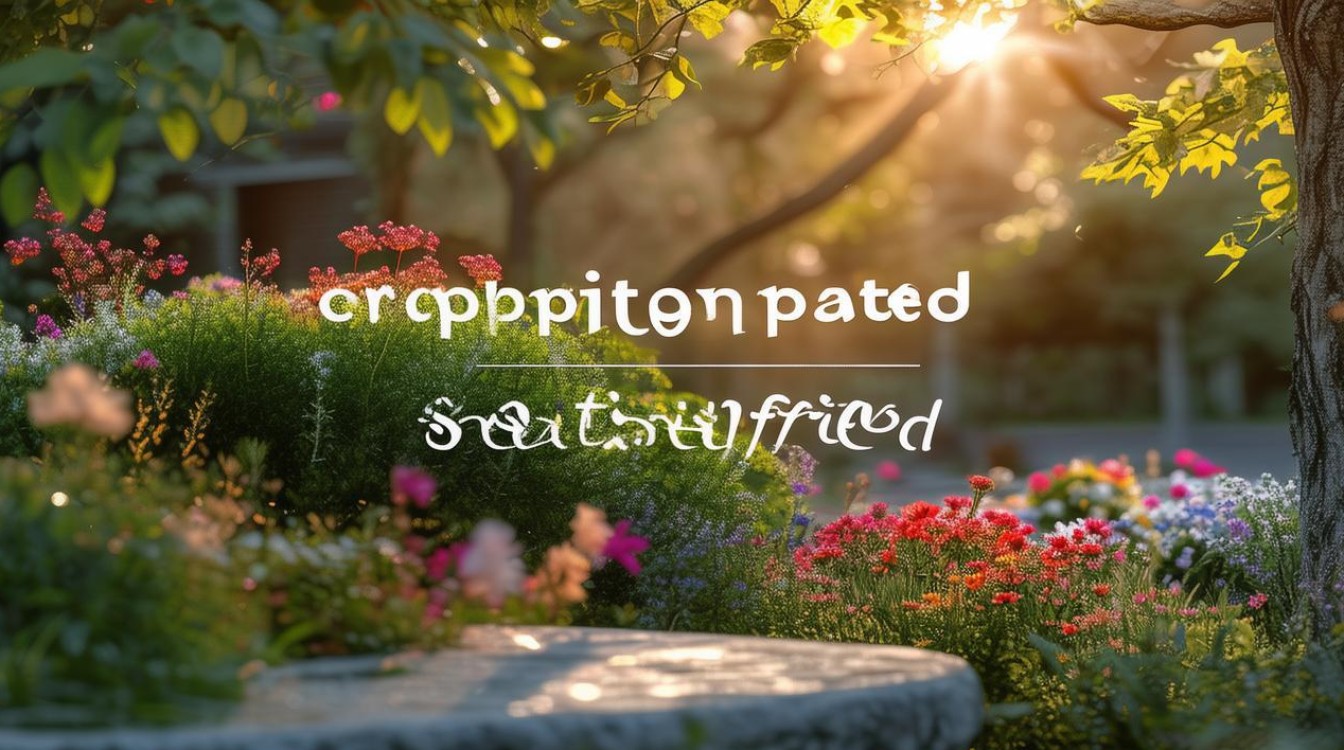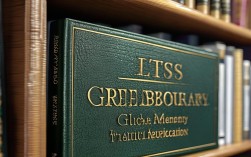心情是人类最复杂、最丰富的体验之一,无论是喜悦、悲伤、愤怒还是平静,每一种情绪都有其独特的表达方式,掌握描述心情的英语单词不仅能帮助我们在交流时更准确地表达自己,还能提升写作和口语表达的丰富性,以下是不同情绪类别的英语单词及其用法,帮助你在不同场合精准传达感受。

积极情绪(Positive Emotions)
-
Happy(快乐的)
- 最基础的快乐情绪,适用于日常表达。
- 例句:She felt happy when she saw her old friend.
-
Joyful(充满喜悦的)
- 比happy更强烈,常用于形容极大的快乐。
- 例句:The children were joyful on Christmas morning.
-
Excited(兴奋的)
- 表达对即将发生的事情的期待感。
- 例句:He was excited about his upcoming trip.
-
Content(满足的)
- 形容一种平静而满足的状态。
- 例句:After a good meal, she felt content.
-
Grateful(感激的)
- 表达对某人或某事的感谢之情。
- 例句:I am grateful for your help.
-
Optimistic(乐观的)
- 对未来充满积极期待。
- 例句:Despite the challenges, he remained optimistic.
-
Thrilled(非常激动的)
- 比excited更强烈,常用于惊喜时刻。
- 例句:She was thrilled to receive the award.
-
Blissful(极乐的)
- 形容极度幸福的状态。
- 例句:They spent a blissful day at the beach.
消极情绪(Negative Emotions)
-
Sad(悲伤的)
- 最基础的悲伤情绪。
- 例句:He felt sad after hearing the bad news.
-
Depressed(抑郁的)
- 比sad更严重,可能影响日常生活。
- 例句:She has been feeling depressed lately.
-
Angry(愤怒的)

- 表达强烈的生气情绪。
- 例句:He was angry when his plans were ruined.
-
Frustrated(沮丧的)
- 因无法达成目标而感到失望。
- 例句:She felt frustrated after failing the test.
-
Anxious(焦虑的)
- 对未来或不确定的事情感到担忧。
- 例句:He was anxious about the job interview.
-
Lonely(孤独的)
- 形容缺乏陪伴或理解的感觉。
- 例句:Living alone made her feel lonely.
-
Guilty(内疚的)
- 因做错事而感到自责。
- 例句:He felt guilty for lying to his friend.
-
Jealous(嫉妒的)
- 因他人拥有自己想要的东西而产生负面情绪。
- 例句:She was jealous of her sister’s success.
中性情绪(Neutral Emotions)
-
Calm(平静的)
- 形容没有强烈情绪波动的状态。
- 例句:After meditation, she felt calm.
-
Bored(无聊的)
- 缺乏兴趣或刺激时的感受。
- 例句:He was bored during the long meeting.
-
Confused(困惑的)
- 不理解或不确定时的情绪。
- 例句:She was confused by the complicated instructions.
-
Curious(好奇的)
- 对未知事物感兴趣。
- 例句:The child was curious about how the machine worked.
-
Indifferent(冷漠的)
- 对某事不关心或无所谓。
- 例句:He was indifferent to the debate.
-
Nostalgic(怀旧的)

- 对过去的美好回忆感到怀念。
- 例句:Listening to old songs made her nostalgic.
-
Surprised(惊讶的)
- 遇到意外情况时的反应。
- 例句:She was surprised by the sudden gift.
-
Relieved(如释重负的)
- 从压力或担忧中解脱出来。
- 例句:He felt relieved after passing the exam.
复杂情绪(Complex Emotions)
-
Ambivalent(矛盾的)
- 同时存在两种相反的情绪。
- 例句:She felt ambivalent about moving to a new city.
-
Melancholic(忧郁的)
- 带有诗意的悲伤感,常与怀旧结合。
- 例句:The rainy weather made him feel melancholic.
-
Overwhelmed(不堪重负的)
- 因压力或情绪过多而难以应对。
- 例句:She felt overwhelmed by her workload.
-
Hopeful(充满希望的)
- 对未来抱有期待,但可能伴随不确定性。
- 例句:Despite the difficulties, they remained hopeful.
-
Resentful(愤恨的)
- 因不公平待遇而产生的长期不满。
- 例句:He grew resentful of his boss’s favoritism.
-
Vulnerable(脆弱的)
- 容易受到伤害或影响的状态。
- 例句:After the breakup, she felt vulnerable.
-
Empathetic(共情的)
- 能够理解并感受他人的情绪。
- 例句:She was empathetic toward her friend’s struggles.
-
Awe-inspired(敬畏的)
- 面对壮丽或神圣事物时的震撼感。
- 例句:They were awe-inspired by the majestic mountains.
如何运用这些单词提升表达
-
结合具体情境

不同场合适合不同的情绪词汇,正式写作中可使用“melancholic”代替“sad”,使表达更生动。
-
避免过度使用基础词
多用“joyful”“thrilled”等替代“happy”,让语言更丰富。
-
注意程度差异
“annoyed”(有点生气)和“furious”(暴怒)表达的情绪强度不同,需根据实际情况选择。
-
结合肢体语言
在口语中,配合表情和语调能更准确传达情绪。
-
阅读英文文学作品
经典小说和诗歌中常有细腻的情绪描写,可积累更多高级词汇。
掌握这些描述心情的英语单词,不仅能提升语言表达能力,还能让我们在交流时更准确地传递情感,无论是写作、演讲还是日常对话,精准的情绪表达都能让沟通更有效。


